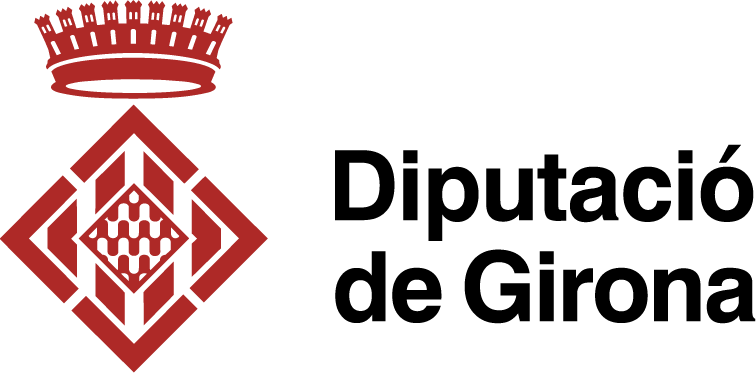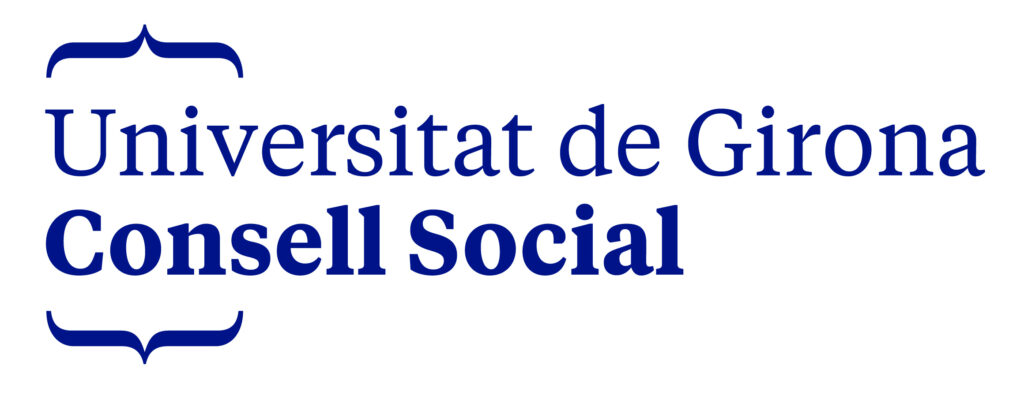Buen vivir, justice and degrowth – Barbara Muraca (Oregon State University)
Tuesday 14th July, 10.00-11.30, Cerbère (France)
Degrowth-activists claim that the crisis bears the chance for designing a new societal model that is independent from growth for its stabilization, pacification, and legitimation and in which new models and a new basis for a good life can be explored. Rediscovering voluntary simplicity, fostering a change in awareness, and a cultural shift towards less material values seem promising paths towards a new basis for happiness in a degrowth society. However, these models risk neglecting issues of social justice and often aim at a mere adaptation to the shrinking economy under business-as- usual scenarios, where the pursue of happiness is considered as an individual path. This explains partly why research on self-reported happiness is considered as a serious alternative (or complement) to GDP-indicators by politicians in several countries.
In the lecture we will explore an alternative path, which is also present in many visions for degrowth: issues concerning the good life are considered primarily as issues of (social) justice and require societal negotiation and political deliberation about the very conditions of the common living in a society. Accordingly, the new basis for a good life in a degrowth society implies a more radical transformation of basic social institutions and a different societal framework that guarantees the substantial conditions for a good human life to all its members (and beyond). It is only under the promise of a steady increasing (material) well-being that issues of the good life could be privatized and reduced to individual life-style decisions. The end of growth opens a path for the re-negotiation of the conditions for a good life as a collective, political project and not only as a private path of self-realization.
Background reading material: Muraca B. 2013. Décroissance: A Project for a Radical Transformation of Society. Environmental Values, 22: 147-169.




